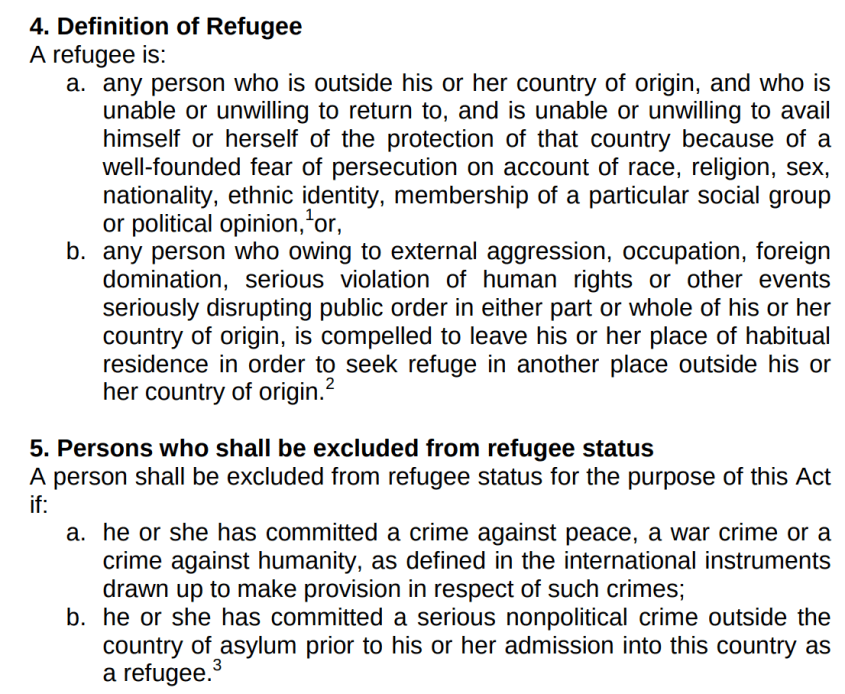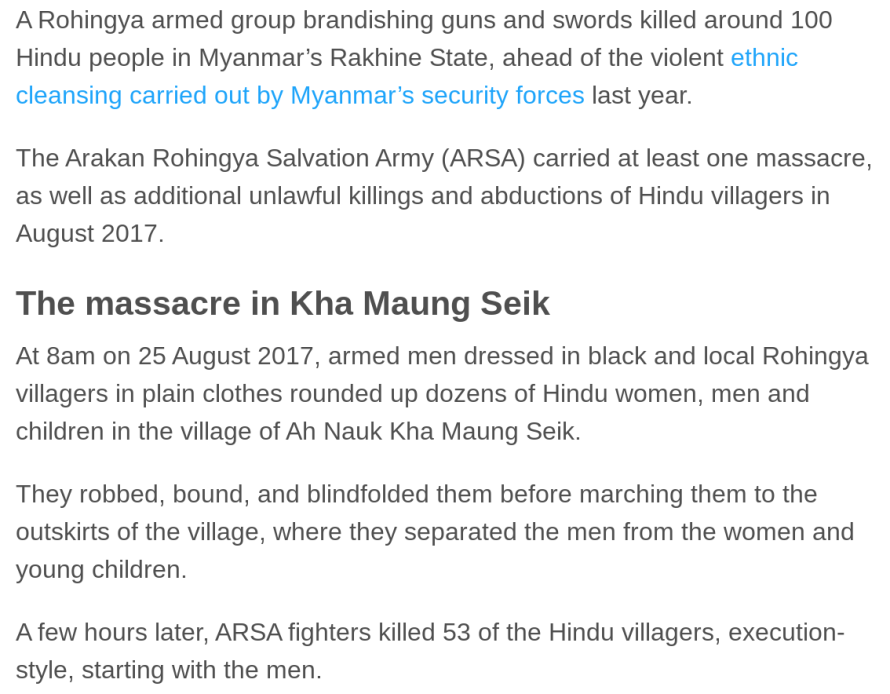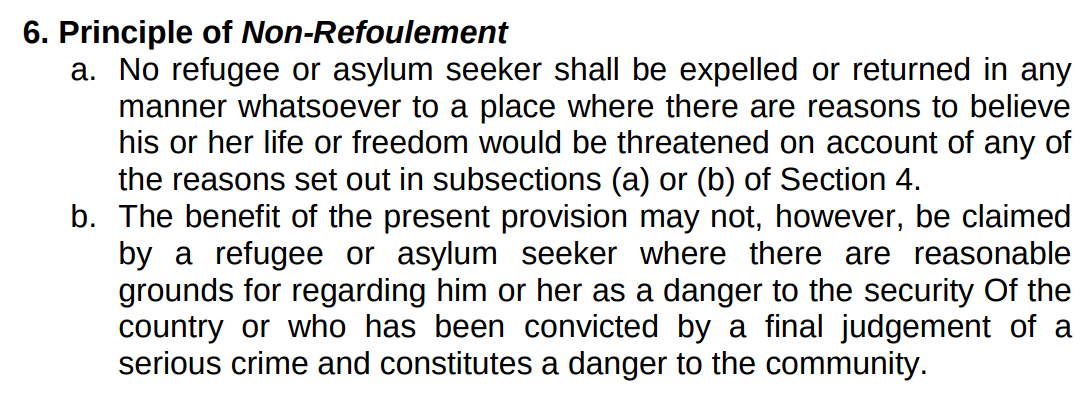Why CAA: Refugees Vs Economic Migrants and National Security

Last few months in India have seen some incredible scenes of violence and mayhem while protesting against the Citizenship Amendment Act 2019, where certain persecuted minorities from Afghanistan, Bangladesh and Pakistan were allowed fast-track citizenship in India. Those who opposed this CAA act, had one purpose – to blur the line between a refugee and an illegal immigrant.
Refugee vs Economic Illegal migrant
A report in Carnegie India distinguishes these two very clearly.
Refugee is one who leaves his/her country to take shelter in another country because of persecution. While illegal immigrants are those who migrate to another country (by illegal means) for economic reasons.
The laws to address both these categories cannot be the same.
While Muslims from Bangladesh who cross over to India are not victims of religious persecution, Hindus are. Muslims from Bangladesh, as the Carnegie report points out, come for economic reasons. They cannot be considered Refugees as per the international norms. While Hindus, who have been systematically persecuted by the state and society are refugees. (Monumental Genocide of Bangladeshi Hindus)
The Eminent Persons Group (EPG) set up in 1994 by UNHCR also went into the topic of who is a refugee. It was headed by the former Chief Justice of India PN Bhagwati, and had the following members
Justice Dorab Patel of Pakistan
Kamal Hossain of Bangladesh (jurist and former minister of law)
Rishikesh Shah of Nepal, a (human rights activist)
Bradman Weerakoon of Sri Lanka, (senior bureaucrat)
This group came out with a South Asia Declaration on Refugees in January 2004. This declaration had defined as to who is and not a refugee.
A person who moves from one country to another for economic reasons, was not covered under the definition of a refugee. Which is what most Bangladeshi Muslims are.
Bangladeshi Hindus, on the other hand, are refugees under these definitions.
Bangladeshi Illegals and Islamic Terror plot
The Bangladeshi Muslims migrant issue is not just one of economic migration. But also has serious internal security implications for India. That such huge level of illegal population disturbs the demographic of the Indian regions is obvious, if one assumes that such migration (illegal as it is) is a random act.
That it may not be just a random act is questionable after what the security esablishment has come to realize recently. There is growing evidence now that Jamaat-ul-Mujahideen Bangladesh – an Islamic Jehadi terror group – is working on the mission of creating an Islamic Greater Bangladesh. The area they are focusing on comprises the North-East Indian states.
One of the groups implicated in the Dhaka attack is the outlawed Jamaat-ul-Mujahideen Bangladesh (JMB). An objective of the JMB is to create a Greater Bangladesh comprising north-east Indian states and the state of West Bengal (on the eastern flank of India, bordering Bangladesh), as well as Myanmar’s Rakhine state.Straits Times
This terror group, has been planning attacks for long. In 2014 in Burdwan, West Bengal – two JMB terrorists were killed in an accidental bomb blast. A cell was also caught in Singapore in 2016.
And in Singapore in May this year, eight Bangladeshi workers were detained for planning to stage terror attacks in Bangladesh. Initially wanting to travel to the Middle East and join the Islamic State in Iraq and Syria (ISIS), they found it difficult and refocused on Bangladesh. Their objective – to set up an Islamic state there, bringing it under the self-declared ISIS caliphate.Straits Times
So, in case of India, the illegal immigration is not just a simple movement of economically deprived people. It is a larger plot of terror organizations like JMB.
It is instructive to know that multiple links have been found between JMB and ISIS.
The addition of Rakhine area within Myanmar to the islamic Greater Bangladesh plan is also very interesting. Rohingyas are in alliance with JMB and Harkat-ul-Mujahideen, and as per the ISIS magazine, also part of their larger group.
Rohingyas – a terror group responsible for Hindu Massacres
It is important to remember than Rohingyas have been responsible for multiple attacks and massacres of Hindus in Rakhine state of Myanmar. As per the Amnesty International, hundreds of Hindus were killed in such attacks.
What we are looking at is far bigger than a simple look at the Bangladeshi who comes into India from mere migrant stand-point.
The Hindus from Bangladesh who are coming into India have been persecuted by society and even the state and its laws. And the Muslims migration into India – ostensibly for economic reasons – is also not a random happening. It is part of a larger plot where terror and dominance is at the center of the whole strategy.
CAA, Bangladesh and Refoulement
The distinction between Refugees and Economic migrants is critical for public policy formulation. Both cannot be treated the same way.
For one simple reason – while the economic migrant can be returned back to his homeland without any principles and rights being violated, the refugee who has been a victim of persecution cannot be returned to the place where he was persecuted. This is known as the principle of non-Refoulement. Refoulement means “forcible return of refugees or asylum seekers to a country where they are liable to be subjected to persecution”. International laws prohibit Refoulement!
So, whereas the Muslim illegals from Bangladesh can be returned because they are economic migrants (not persecuted), the deporting of Hindus from Bangladesh (persecuted by society and state) back to Bangladesh will be tantamount to Refoulement. And it is against the basic international laws.
Of course, in case of Bangladeshi Muslims who masquerade as economic migrants, the plot is far bigger. There is a clear documented evidence of how the terror groups are orchestrating this exodus and using it to create the foundation for a Greater Islamic Bangladesh. Blasts and plots from West Bengal and Singapore clearly bear this out.
What is true of the difference between Muslims and Non-Muslims from Bangladesh is also true of those from Pakistan and Afghanistan. We will look into these in our subsequent posts.
Featured Image: Image by enriquelopezgarre from Pixabay








